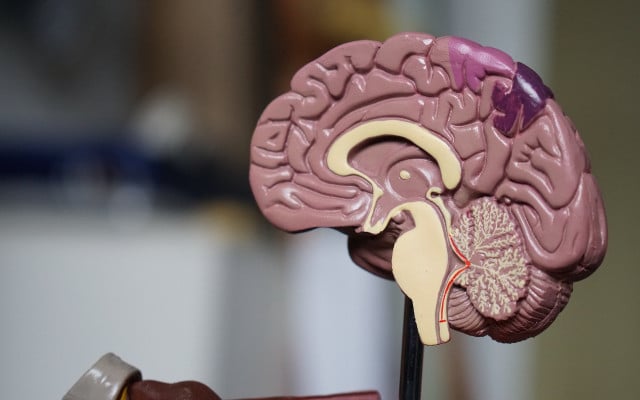A dopamine detox promises to make us happier – by temporarily giving up things that bring us joy. We’ll take a closer look at dopamine fasting and how it’s supposed to work.
Dopamine is an important neurotransmitter involved in our sense of reward, motivation, memory, and attention. When large amounts of dopamine are released, it sparks feelings of pleasure and reward, which then motivates you to repeat certain behaviors or activities. This is why dopamine is also known as the “feel good” hormone.
Contrary to what the term dopamine detox may suggest, you cannot be addicted to dopamine itself. When it’s released, it positively reinforces the behavior or activity that caused it. So while dopamine may be responsible for helping to develop addictions, it is not the addiction itself.
What is Dopamine Fasting?
Simply put, dopamine fasting is for our brain, while regular fasting is for our body. By cutting out toxic behaviors, you can focus on learning what your real needs are and using your newfound time to form healthy habits.
Dr. Cameron Sepah came up with the fast to deal with and focus on specific impulsive behaviors. He identifies the six problematic behaviors that he believes have the best chance of responding to a detox:
- Emotional eating
- Excessive internet usage and gaming
- Gambling and shopping
- Porn and masturbation
- Thrill and novelty seeking
- Recreational drugs
The aim of the dopamine detox is to regain control of our lives again by better understanding how compulsive behaviors may affect our overall happiness.
How to Do a Dopamine Detox
Some people have taken it to an extreme, further than ever intended when this trend first emerged – and without any scientific evidence. No food, no smartphone, no music, no sports – not even eye contact is allowed. The list of things that are forbidden during dopamine fasting is potentially endless because the idea is to do without as much as possible of the things that bring us moments of happiness in everyday life. The goal is to be able to perceive them more clearly again later.



Here’s how the dopamine detox was actually intended to be:
- Identify which problematic behavior you want to detox.
- Make it harder to access the stimulus – put it out of sight.
- Do an activity to distract yourself from it.
During a dopamine fast, you are meant to try and avoid the areas in your life which are problematic, whether that’s checking your phone constantly, doing drugs, gambling, etc. What you can do, is focus on the simpler things in life:
- Read a book
- Chat with friends or loved ones
- Creative writing/journal writing
- Volunteer
- Cook a nice meal or bake something new
- Go for a walk or run – get some fresh air
- Practice yoga
- Take up a new hobby
Why Dopamine Fasting (Probably) Doesn’t Work



By externalizing the problem, and blaming it on dopamine, we’re really missing the mark here. The naturally occurring brain chemical is just one factor related to learned behaviors – and not something we can fix with a quick dopamine detox.
Various faiths have been practicing meditation methods for thousands of years. And in the western world, mindfulness and meditation are en vogue because they bring us peace in our hectic everyday lives and have been proven to help against stress. If it helps to label the whole thing with the term dopamine fasting, so be it.
Important Information regarding Health-related Topics.
** Links to retailers marked with ** or underlined orange are partially partner links: If you buy here, you actively support Utopia.org, because we will receive a small part of the sales proceeds. More info.Do you like this post?








